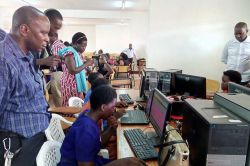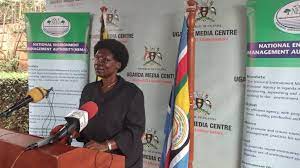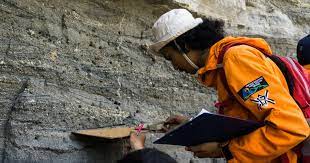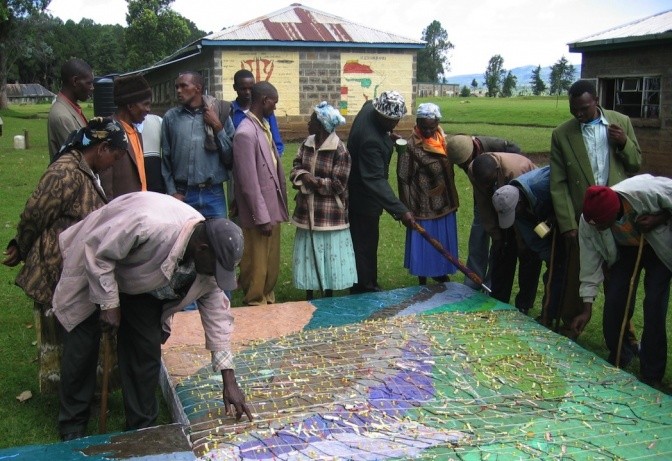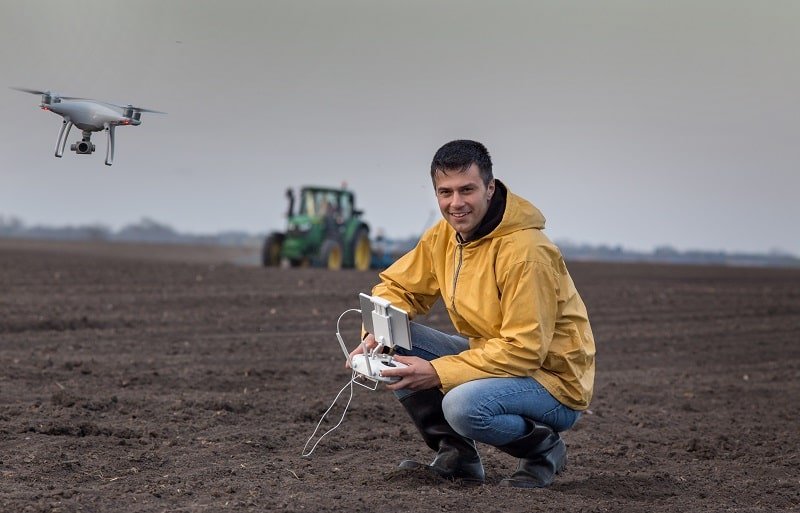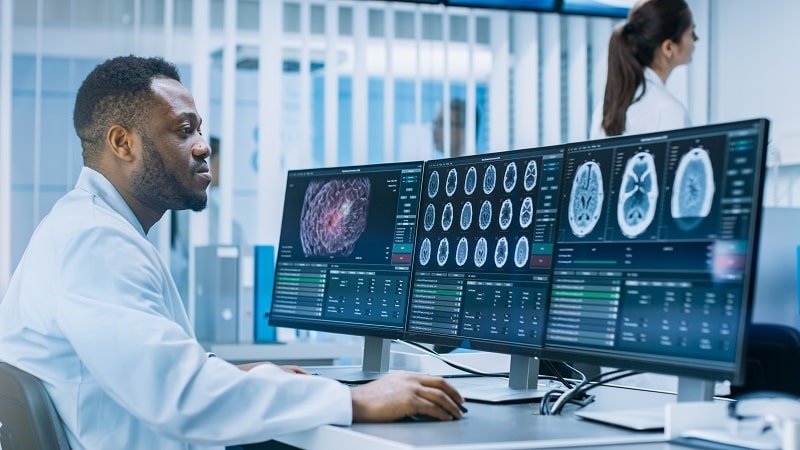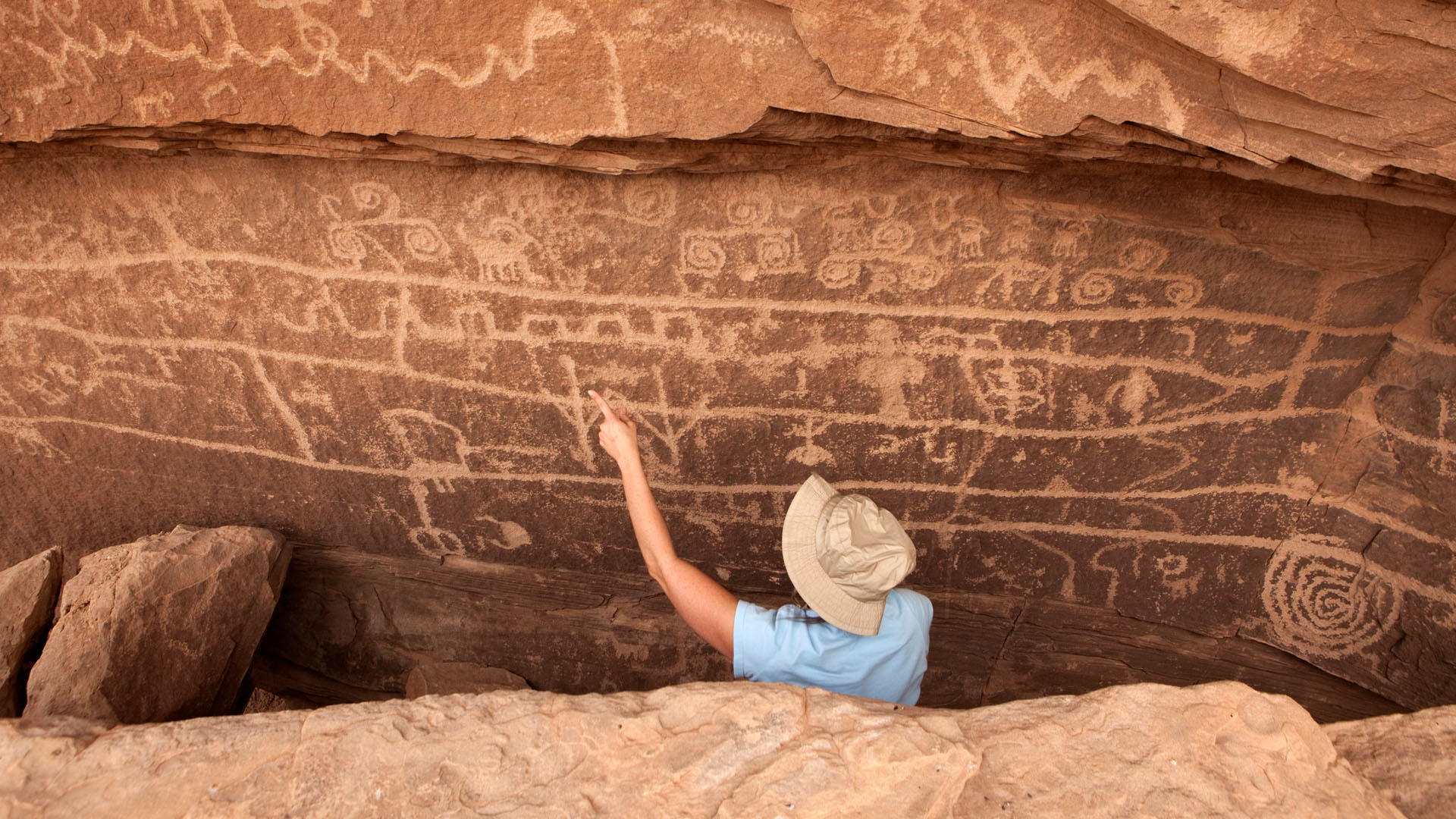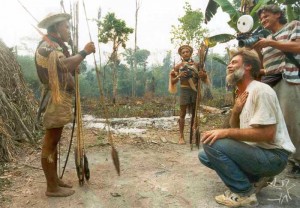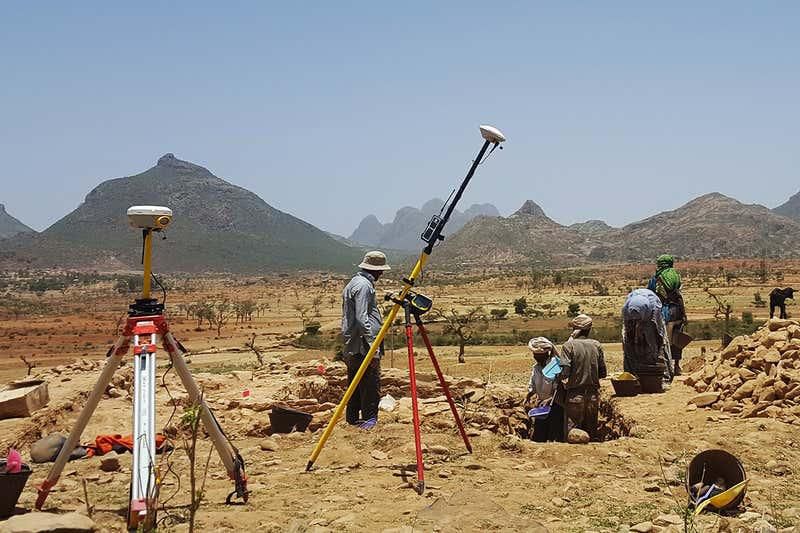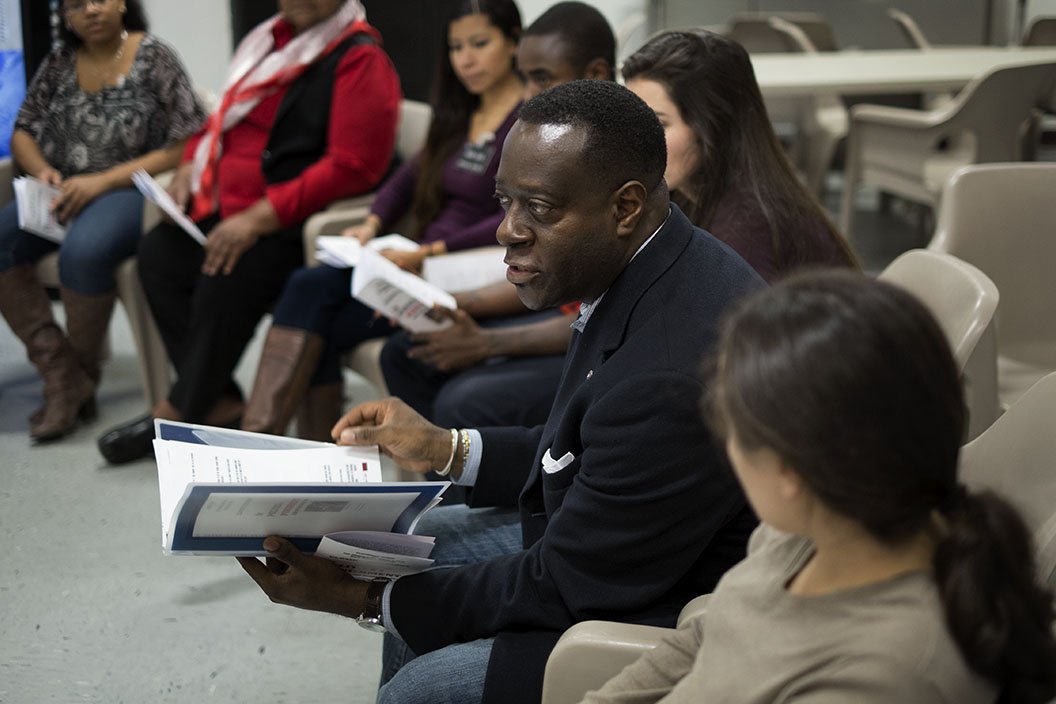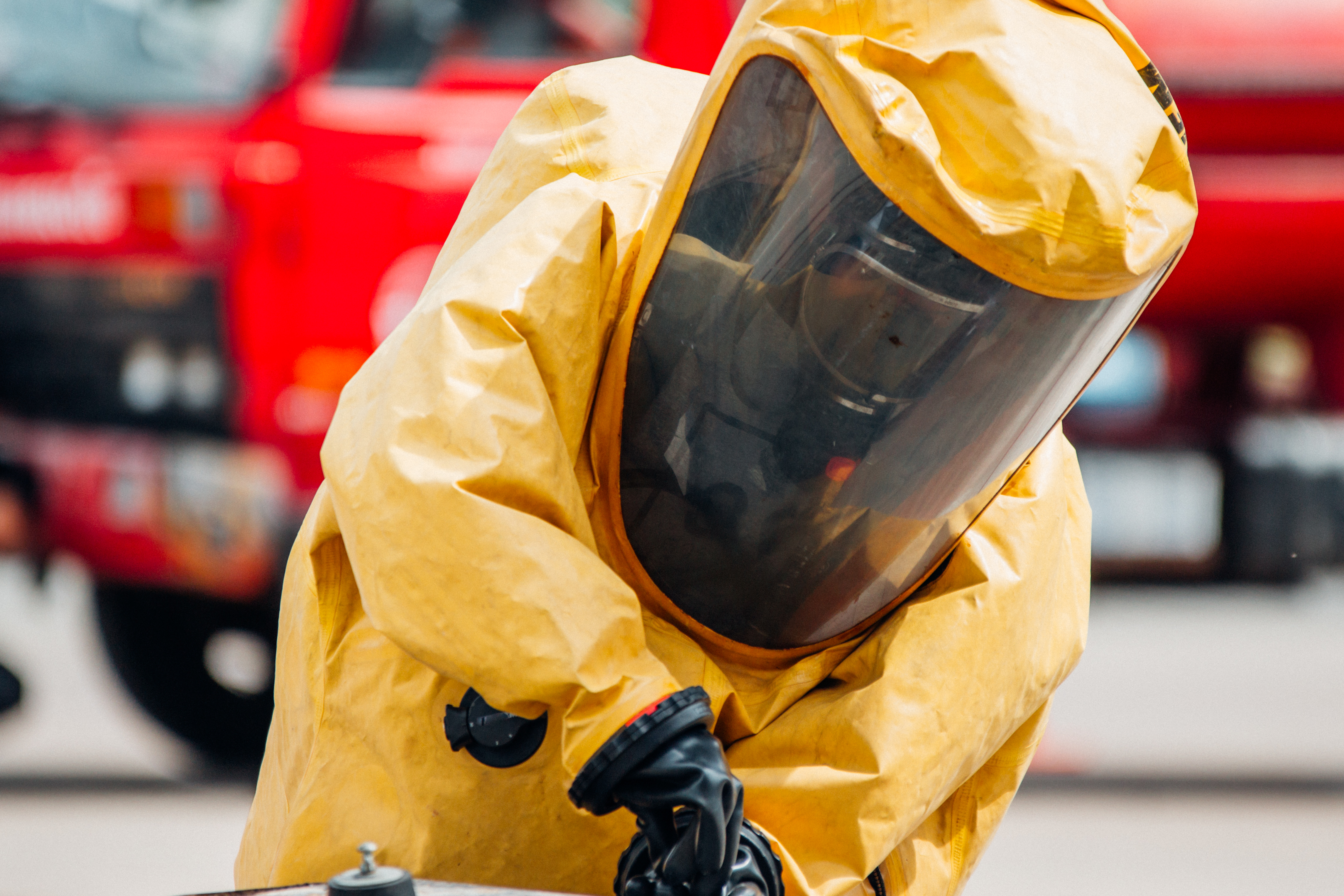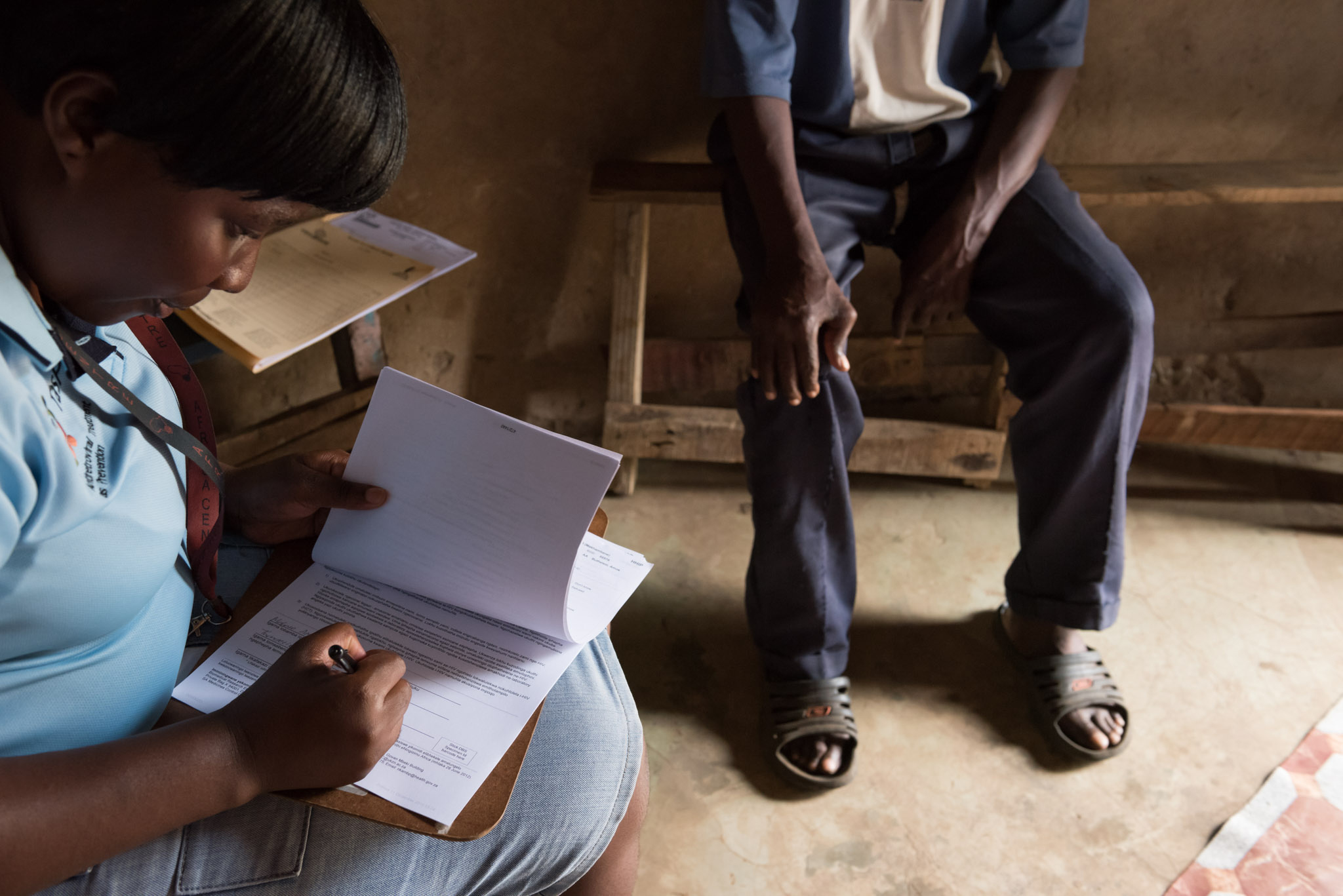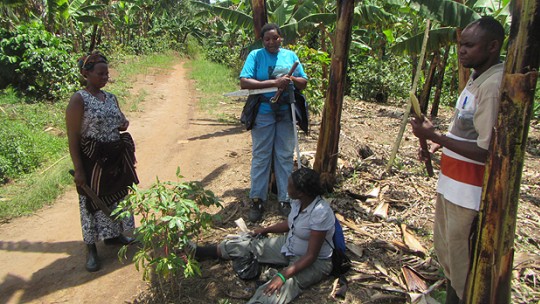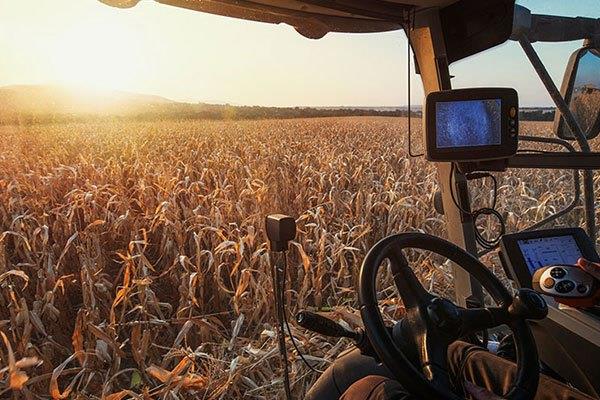Breaking News
- Flexible Remote Work Opportunity for University Students: Earn $100–$250 Per Month ...Read More
- Ministry of Education and Sports Azerbaijan Government Scholarships For 2025-2026 Academic Year ...Read More
- Government Sponsorship Undergraduate Admission Lists 2025-26 for Makerere University ...Read More
- Ministry of Education And Sports: Egyptian Government Scholarships 2025-2026 Academic Year ...Read More
- Ground Breaker Full Scholarship for girls to study Software Engineering 2025 July Intake ...Read More
- Tony Elumelu Foundation Entrepreneurship Programme (TEEP) 2025 for young African Entrepreneurs ...Read More
- DESIGNING FUTURES 2050 International Design Competition 2025 (€15,000 prize) ...Read More
- Ground Breaker Full time Scholarship for girls to study Software Engineering 2025 Intake ...Read More
- Ministry of Education And Sports Algerian Vocational Training Scholarships for 2024-2025 AY ...Read More
- Ministry of Education and Sports Advert for the Algerian Government Scholarships for 2024-2025 ...Read More
Science, Technology, Engineering and Mathematics Careers
Environmental Restoration Planner
Collaborate with field and biology staff to oversee the implementation of restoration projects and to develop new products. Process and synthesize complex scientific data into practical strategies for restoration, monitoring or management.
Know MoreIndustrial Ecologist
Apply principles and processes of natural ecosystems to develop models for efficient industrial systems. Use knowledge from the physical and social sciences to maximize effective use of natural resources in the production and use of goods and services. Examine societal issues and their relationship with both technical systems and the environment.
Know MoreGeoscientist, Except Hydrologist and Geographer
Study the composition, structure, and other physical aspects of the Earth. May use geological, physics, and mathematics knowledge in exploration for oil, gas, minerals, or underground water; or in waste disposal, land reclamation, or other environmental problems. May study the Earth's internal composition, atmospheres, oceans, and its magnetic, electrical, and gravitational forces. Includes mineralogists, crystallographers, paleontologists, stratigraphers, geodesists, and seismologists.
Know MoreHydrologist
Research the distribution, circulation, and physical properties of underground and surface waters; and study the form and intensity of precipitation, its rate of infiltration into the soil, movement through the earth, and its return to the ocean and atmosphere.
Know MoreRemote Sensing Scientist and Technologist
Apply remote sensing principles and methods to analyze data and solve problems in areas such as natural resource management, urban planning, or homeland security. May develop new sensor systems, analytical techniques, or new applications for existing systems.
Know MoreEconomist
Conduct research, prepare reports, or formulate plans to address economic problems related to the production and distribution of goods and services or monetary and fiscal policy. May collect and process economic and statistical data using sampling techniques and econometric methods.
Know MoreEnvironmental Economist
Conduct economic analysis related to environmental protection and use of the natural environment, such as water, air, land, and renewable energy resources. Evaluate and quantify benefits, costs, incentives, and impacts of alternative options using economic principles and statistical techniques.
Know MoreNeuropsychologist and Clinical Neuropsychologist
Apply theories and principles of neuropsychology to diagnose and treat disorders of higher cerebral functioning.
Know MoreUrban and Regional Planner
Develop comprehensive plans and programs for use of land and physical facilities of jurisdictions, such as towns, cities, counties, and metropolitan areas.
Know MoreAnthropologist and Archeologist
Study the origin, development, and behavior of human beings. May study the way of life, language, or physical characteristics of people in various parts of the world. May engage in systematic recovery and examination of material evidence, such as tools or pottery remaining from past human cultures, in order to determine the history, customs, and living habits of earlier civilizations.
Know MoreAnthropologist
Research, evaluate, and establish public policy concerning the origins of humans; their physical, social, linguistic, and cultural development; and their behavior, as well as the cultures, organizations, and institutions they have created.
Know MoreArcheologist
Conduct research to reconstruct record of past human life and culture from human remains, artifacts, architectural features, and structures recovered through excavation, underwater recovery, or other means of discovery.
Know MoreGeographer
Study the nature and use of areas of the Earth's surface, relating and interpreting interactions of physical and cultural phenomena. Conduct research on physical aspects of a region, including land forms, climates, soils, plants, and animals, and conduct research on the spatial implications of human activities within a given area, including social characteristics, economic activities, and political organization, as well as researching interdependence between regions at scales ranging from local to global.
Know MoreHistorian
Research, analyze, record, and interpret the past as recorded in sources, such as government and institutional records, newspapers and other periodicals, photographs, interviews, films, electronic media, and unpublished manuscripts, such as personal diaries and letters.
Know MorePolitical Scientist
Study the origin, development, and operation of political systems. May study topics, such as public opinion, political decision-making, and ideology. May analyze the structure and operation of governments, as well as various political entities. May conduct public opinion surveys, analyze election results, or analyze public documents.
Know MoreNuclear Monitoring Technician
Collect and test samples to monitor results of nuclear experiments and contamination of humans, facilities, and environment.
Know MoreSocial Science Research Assistant
Assist social scientists in laboratory, survey, and other social science research. May help prepare findings for publication and assist in laboratory analysis, quality control, or data management.
Know MoreForest and Conservation Technician
Provide technical assistance regarding the conservation of soil, water, forests, or related natural resources. May compile data pertaining to size, content, condition, and other characteristics of forest tracts, under the direction of foresters; or train and lead forest workers in forest propagation, fire prevention and suppression. May assist conservation scientists in managing, improving, and protecting rangelands and wildlife habitats.
Know MoreQuality Control Analyst
Conduct tests to determine quality of raw materials, bulk intermediate and finished products. May conduct stability sample tests.
Know MorePrecision Agriculture Technician
Apply geospatial technologies, including geographic information systems (GIS) and Global Positioning System (GPS), to agricultural production or management activities, such as pest scouting, site-specific pesticide application, yield mapping, or variable-rate irrigation. May use computers to develop or analyze maps or remote sensing images to compare physical topography with data on soils, fertilizer, pests, or weather.
Know More















